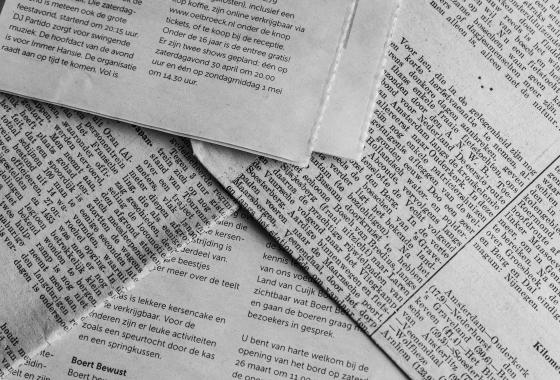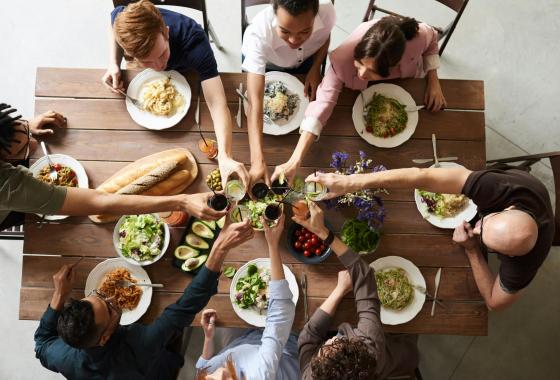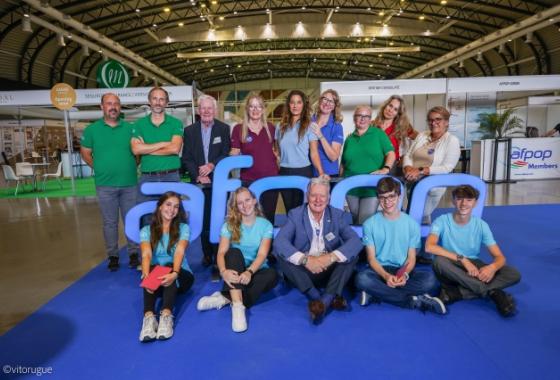
S01E - Schools
Category : Education
S01E - Schools
National education system
The school year begins in September, normally around the 15th and it is divided into three terms, with a two-week break at Christmas, four weeks at Easter and 10 weeks in the summer. There are three half-term breaks.
Pre-school (Pré-escolar)
Pre-school is voluntary. Kindergartens (Jardim de Infância) may take children from two years or earlier until they reach six and can enter the primary school system. There are both public and private kindergartens, but all should be registered with the Ministry of Education. Some public ones do not charge fees, but most will have charges for meals or other activities.
Education is compulsory for all between age six and eighteen. It is free, in the sense that there are no fees. However, study support books and other accessories may amount to over €250.00. There is a national curriculum. The attribution of reused or new books can be verified on the platform MEGA and must be returned at the end of the school year.
Primary education (Ensino Básico)
Primary education is split into three phases (ciclos). The first covers years one to four. At this level a class has only one teacher, who will generally follow the class for all four years. Generally, a child will progress from one year to the next with their age group. Class sizes vary between 15 and 30, and there are 25 hours of lessons per week. The evaluation in the fourth year is more stringent and may result in a child not progressing to the 5th year. If this occurs the school must design and provide a special programme of remedial teaching.
In the second and third phase the school programme is about 30 hours per week. In the second cycle (years 5º and 6º), students usually remain in the same classroom with teachers responsible for groups of subjects. In the third phase (years 7º, 8º and 9º) teachers are more specialised and students have a choice of subjects. They may select a second foreign language, music or technological studies. In these two cycles evaluation is based on a scale of 1 to 5, level 3 is considered a pass. To progress from year to year a student may fail only three subjects, to progress from one phase to another they may fail only two. At the end of the third phase, there is a general test in each of the academic disciplines. All students who complete the courses receive a certificate of basic education. They have access to adult courses, special exams, and year-long EU level-2 skill-training courses. Those who pass the final evaluation obtain a diploma, which gives access to secondary education.
Secondary education (Ensino Secundário)
Secondary education options include three-year general, technological, professional, or artistic courses. These are the tenth to twelfth (10th - 12th) years. There is a continuous evaluation and annual exams at the end of each year. At the end of the 12th year there are national exams in each of the main subjects. All the courses give access to further education, but the latter three types of course aim at providing work skills to EU level-3.
Please see below the mandatory exams in secondary education (regular track):
Student Situation | Mandatory Exams (2024/2025 onwards) |
| Regular secondary school student | 3 national exams: Portuguese + 2 of choice — all mandatory |
| Secondary school student (11th year, transition period) | Portuguese + 2 exams, with adjusted weighting between 25–30% |
| Preparatory student (external) | The same 3 mandatory national exams apply |
Access to state schools
All residents of compulsory school age must attend school. Residents also have access to secondary schooling and higher education. Registration with pre-schools normally occurs during April 15 and June 15 at the school. They usually require a medical check, birth certificate, health card and inscription form.
First time registration in primary schools takes place early in June at the school nearest the place of residence or nearest the place of work of the parent. Renewal of school registration usually takes place at the end of the previous year, at a time set by the school. First time registration for secondary schools normally takes place at the primary school, and before 12th of July. Re-registration in secondary schools depends on exams and takes place immediately after the results are published. Late registrations are submitted to the management of the school. Children coming from outside Portugal may register at any time, providing there are spaces in the school.
The registration process or renewals can be done online
The application for enrollment can be made through Portal das Matrículas or even at the School Portal (if applicable). If it is not feasible to complete the online process, you can present it in person at the school headquartered in the group of schools in the area where you live.
The documents required for school registration usually include the inscription form, proof of qualifications from the previous school, identification, utente number, photographs, and proof of address.
Recognition of qualifications in Europe
The professional and technical qualifications are usually accredited to EU recognised levels. However, professional requirements do vary from country to country, and there is still no guarantee that qualifications from one EU country will be recognised in another. In principle, the certificate of general education provides for access to further education courses in other EU countries. However, all institutions have their own entrance requirements, especially in relation to language qualifications. Before starting a course, it is advisable to check whether the qualification will give access to the required profession or higher-level institution.
Private schools
There are many private and co-operative schools teaching the Portuguese national curriculum. There are others teaching in foreign languages, following international curricular. Few of these international schools go up to secondary level. All private schools charge fees and should be registered with the Ministry of Education. The recognition of an international curriculum by the Portuguese education system is not automatic and this should be taken into account when selecting which curriculum to follow. Private schools teaching in foreign languages can be found through the yellow pages, adverts in the local foreign language press, or by consulting embassies and cultural missions of the countries concerned.





